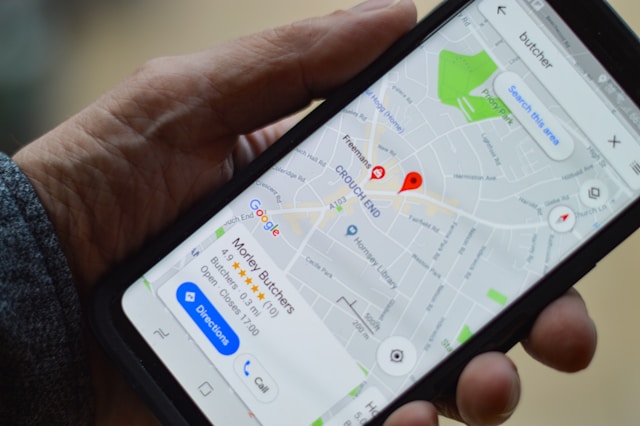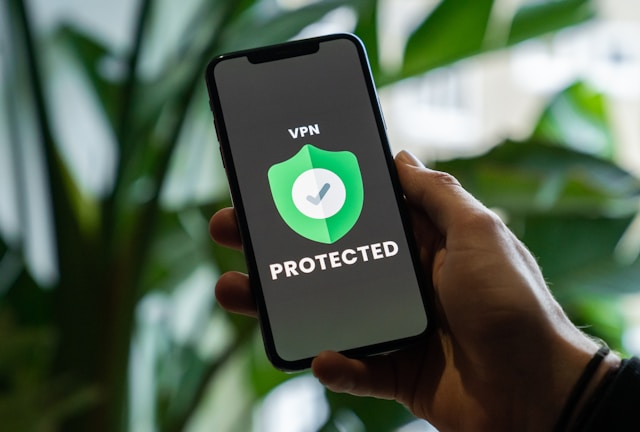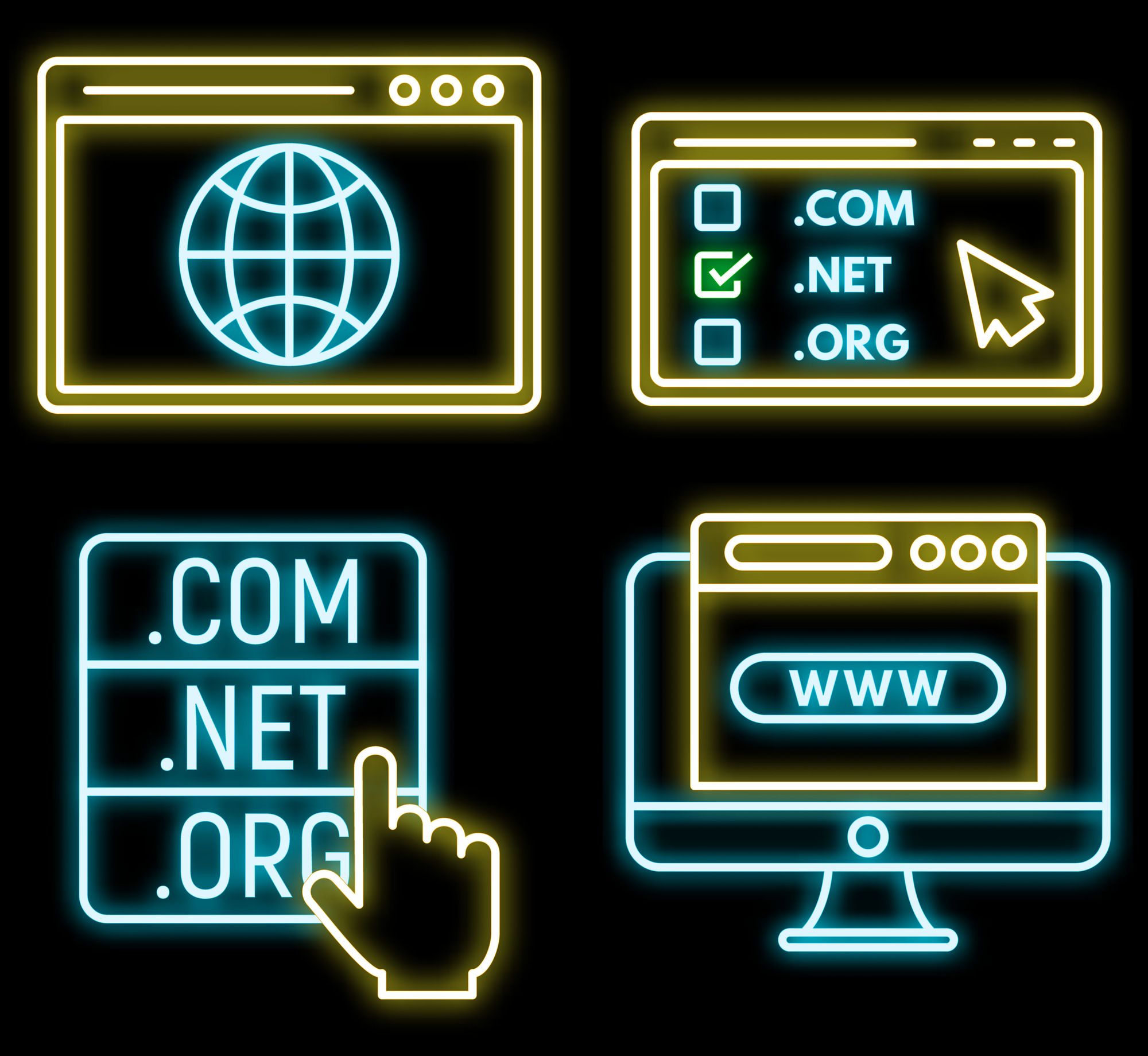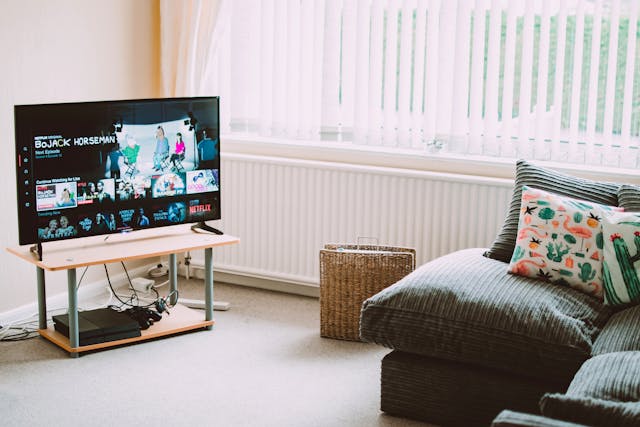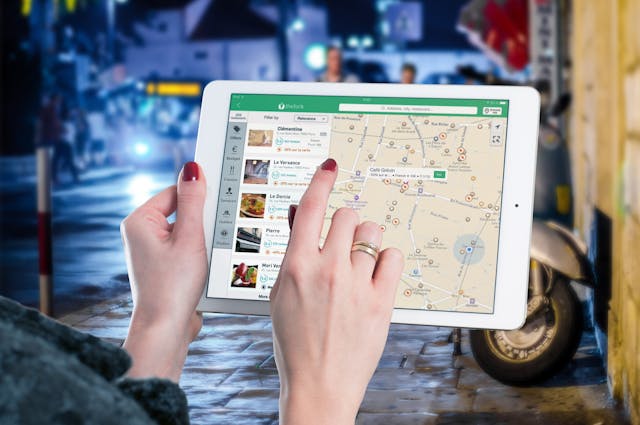Are you having trouble with your geolocation accuracy and are wondering what might be the cause? Then, it’s a good idea to better understand the various factors that can cause your accuracy to go up or down.
Therefore, you can choose a geolocation lookup tool that will meet your expectations. We’ll also provide an FAQ section toward the end of the article. This will get you answers that most users have about the accuracy of IP geolocation services. Therefore, you can be better informed when selecting one of these services for yourself.
Keep reading to learn more about the factors that affect the accuracy of geolocation.
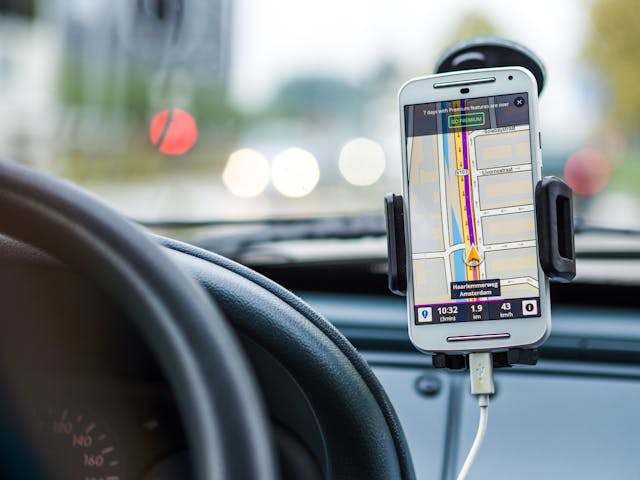
Table of Contents
Geolocation Accuracy: Top 5 Factors Affecting It
Let’s start by taking a look at five factors that determine the accuracy of geolocation. There are a number of factors at play that help paint a picture of why your accuracy might be low or high.
Hence, you can then choose the right technology to increase the effectiveness and accuracy of your geolocation data.
1. Technology Used
The technology you use for tracking a user’s location is one of the most impactful factors when it comes to getting accurate physical locations. The options include global positioning satellite (GPS), Wi-Fi, cell tower triangulation, and IP address.
Note that the technology you use may be a limitation of the devices at play or the services you use to get accurate geolocation data. In some cases, you cannot overcome accuracy limitations since you can only work with the devices and technology available to you.
2. Device Type
Mobile devices are usually more accurate than desktops or laptops. Therefore, you’ll have more success with geomarketing when targeting mobile users. You may want to do this to increase local foot traffic.
3. Environment
Urban areas tend to have higher accuracy levels because there’s a higher density of cellular towers and Wi-Fi networks. In comparison, rural or remote areas will receive much lower accuracy.
Therefore, when improving the accuracy of IP geolocation, you may want to focus on urban areas. Also, take data from rural areas with a grain of salt. You’ll need to incorporate a higher error margin to avoid relying on this data.
4. User Permissions
In some cases, user permissions might be the limiting factor since they can exclude themselves from sharing location data. Therefore, you need to make use of IP geolocation database providers to gather data. However, these may be unreliable and inaccurate. This is especially true for users that are constantly on the move or traveling.
5. Signal Interference
Physical obstructions, weather conditions, and electronic interference can affect the accuracy of GPS signals and other geolocation methods. This is another factor that you cannot control. However, as technology improves, these factors will minimize the impact on IP-based geolocation.

Browser Geolocation Accuracy For Different Methods
High browser geolocation accuracy can provide useful geolocation data, which you can use for a variety of use cases. Modern web browsers support the Geolocation API, which allows websites to request the user’s location. You can obtain this by using various methods, and here are the top ones with a note on their accuracy:
- GPS: This works mostly on mobile devices and receives data directly from satellites. The accuracy is very high within a few meters. Therefore, you can achieve the best accuracy when you want the actual location.
- Wi-Fi: This location-based strategy works when users connect to the internet via a Wi-Fi network. It works since you can determine the location of the Wi-Fi network, but it is not the accurate location of the user. However, the location accuracy is quite good at around 10 to 100 meters.
- Cell tower triangulation: When using a mobile device, cell towers can track your location. However, the accuracy is only within a few hundred meters, so it’s not as good as the options above.
- IP address: The least accurate option is to track users by monitoring their IP address. When using IP geolocation data, you can expect the accuracy to be around a few kilometers.
Do You Need 100% Accuracy for Geolocation Marketing?
No, geolocation marketing doesn’t require 100% accuracy, so don’t waste your resources on achieving this goal. Instead, the accuracy needs to be good enough to ensure that you can target the right users.
For example, if you have a store in Chicago and want every resident to potentially visit, then you can target the entire population of that city. This means you don’t need to accurately determine the precise neighborhood or street.
Avoid unnecessary investment into higher levels of accuracy when you don’t need it to meet your goals.

Interesting Things To Know About Cell Phone Geolocation Accuracy
Now, let’s turn our attention to some interesting insights about cell phone geolocation accuracy. This will help you better understand the technology and how it compares to the IP address location accuracy:
- Multi-source data: Cell phones often combine multiple sources of data, which include GPS, Wi-Fi, cell towers, IP addresses, and even Bluetooth beacons. This can potentially improve the accuracy of a geographic location.
- Assisted GPS (A-GPS): Many smartphones use A-GPS, which accelerates GPS positioning by using cell tower data to quickly acquire satellite signals. This improves the accuracy of the target’s location and the speed of acquiring the data.
- Wi-Fi and indoor position: Wi-Fi is particularly useful for indoor positioning where GPS signals may be weak. Some systems even use signal strength and known locations of Wi-Fi routers to pinpoint locations accurately.
- Triangulation and trilateration: Cell tower triangulation uses the angles from at least three towers to estimate a position. On the other hand, trilateration measures the distance to three or more towers to pinpoint the location.
- Battery impact: High-accuracy positioning can drain battery life quickly, which is especially true for continuous GPS use. For this reason, phones often switch to less precise methods when high accuracy is not necessary.
- Privacy and permissions: Operating systems like iOS and Android have granular controls to manage how and when you access location data. This gives users more ways to manage how businesses and organizations interact with their location data.
- Map matching: Smartphones often use algorithms that match GPS data to known map data. This improves accuracy by correcting for GPS errors and aligning the location with roads or pathways.
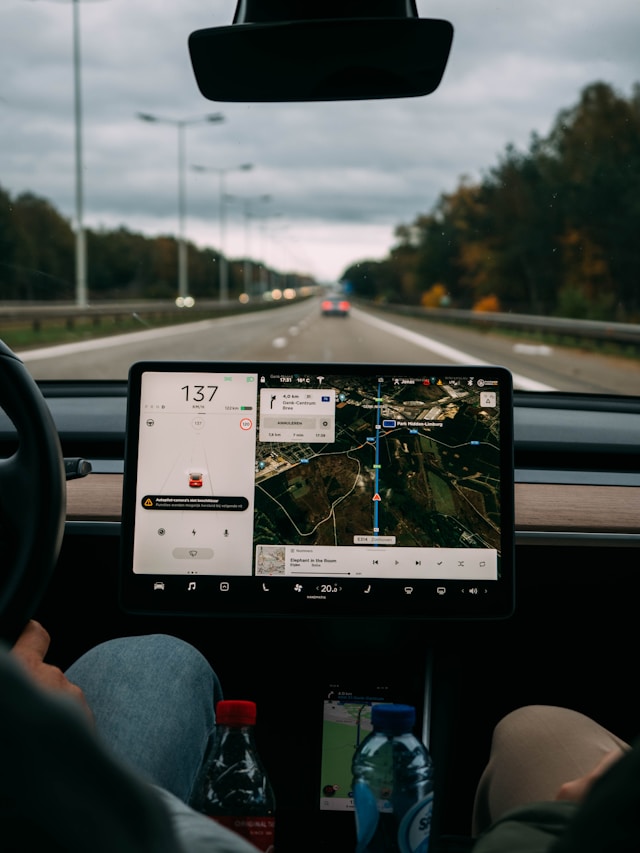
FAQ: Frequently Asked Questions
Can WiFi improve geolocation accuracy?
Yes, WiFi can significantly improve geolocation accuracy, especially indoors, where GPS signals might be weak or unavailable. Furthermore, Wi-Fi positioning uses signals from nearby Wi-Fi networks to triangulate the device’s location. This often provides accuracy within 10-20 meters.
You’ll find that this method is particularly effective in urban areas with dense Wi-Fi coverage, which enhances the overall geolocation capability of a device.
How does cell tower triangulation work?
Cell tower triangulation determines a device’s location by measuring the signal strength from multiple cell towers. Therefore, by calculating the distance to at least three different towers, it’s possible to approach the location of a device.
However, this method is less accurate than GPS, which typically provides a location within a few hundred meters. However, it is useful when GPS signals are unavailable, such as indoors or in densely built-up areas.
What is the role of Bluetooth in geolocation?
Bluetooth enhances indoor geolocation accuracy through the use of beacons. These beacons emit signals that a Bluetooth-enabled device can detect, which allows it to determine its proximity to these known locations.
This method can pinpoint a device’s location within a few meters. This makes it ideal for applications like indoor navigation, asset tracking, and location-based services.
Why does my geolocation sometimes show an incorrect position?
Geolocation can sometimes be inaccurate due to poor GPS signal reception, outdated map data, device hardware limitations, or environmental interferences. Other factors include software glitches or the use of less precise location methods.
For example, in cell tower triangulation, fewer towers are available to calculate the position accurately.
Does geolocation work without internet access?
Yes, geolocation can work without internet access by using GPS signals. That’s because GPS satellites provide location data directly to the device.
However, This can result in slower positioning and potentially less accurate geolocation, especially in areas with poor satellite visibility.
Are there privacy concerns with geolocation?
Yes, geolocation data can reveal sensitive personal information, such as your home or work location and patterns of movement. To protect your privacy, it’s important to manage app permissions carefully and disable location services when you don’t need them.
Furthermore, ensure that apps and services you use have strong privacy policies and understand how your data is used. This can help mitigate privacy risks.
How reliable is geolocation in remote areas?
In remote areas, geolocation reliability can vary significantly, which limits its effectiveness. However, GPS generally provides good accuracy, but the absence of nearby cell towers and Wi-Fi networks can make alternative positioning methods less effective.
Furthermore, natural obstructions like mountains or dense forests can also impact GPS signal quality. While geolocation in such areas is usually sufficient for navigation, the precision may not be as high as in urban settings with robust network infrastructure.
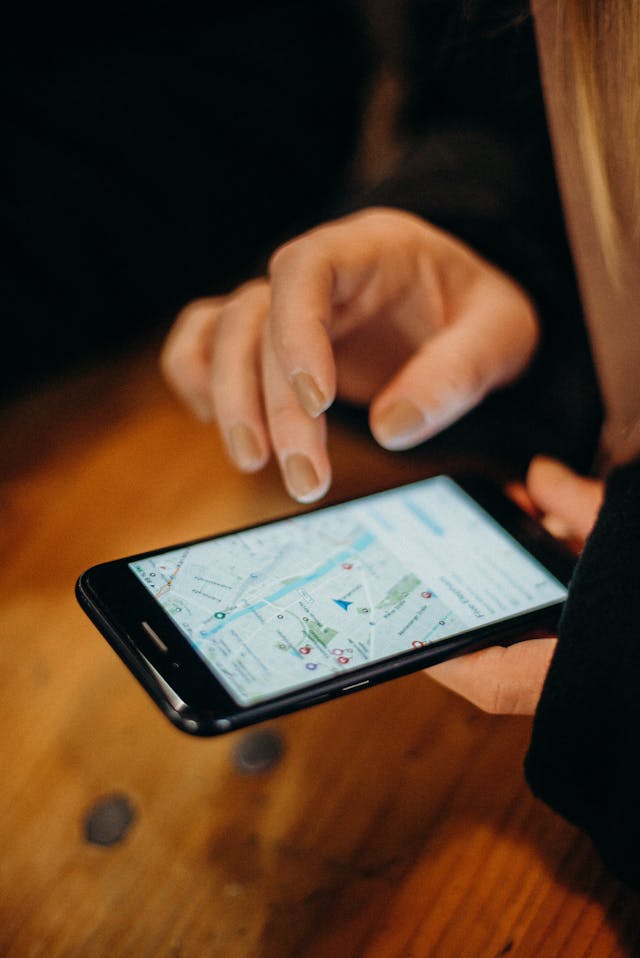
The Importance of Geolocation Accuracy
When using geolocation services you need to constantly be aware of the accuracy that you’re working with. For some use cases, the IP geolocation technology accuracy can be the difference between success and failure.
In this article, you’ve learned the different factors that affect geolocation accuracy to better understand the limitations. Likewise, you can make the right decisions to improve accuracy where possible by choosing the right service.
With that thought in mind, consider selecting geoPlugin for all of your IP-based geolocation data. We offer an API that can accurately turn IP addresses into geolocation data for many applications.

